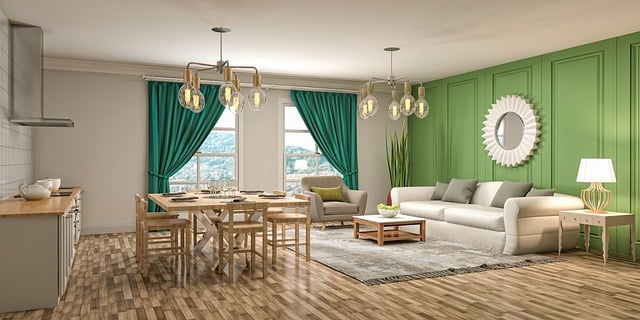Elderly home monitoring is a modern solution for senior safety, promoting independent living with remote assistance. Using advanced sensors, AI, and encryption, these systems offer continuous observation without compromising privacy. They detect falls, unusual behaviors, and health changes, alerting caregivers or emergency services promptly. Personalized features like medication reminders, voice assistants, and fall sensors empower seniors to manage daily routines autonomously while providing peace of mind for families. These innovative solutions prioritize both independence and safety in the elderly's homes.
In an era where technology is reshaping our world, ensuring the safety and well-being of senior citizens has never been more crucial. Combining convenience and security in senior safety systems offers a transformative solution for elderly individuals living at home. This article explores the unique needs of the elderly, delves into integrating innovative technologies for effective monitoring, discusses robust security measures to safeguard privacy, and highlights how personalized systems enhance their quality of life. Discover the power of modern solutions in elder care through this comprehensive guide on elderly home monitoring.
- Understanding the Unique Needs of Elderly Individuals
- Integrating Technology for Safe and Efficient Monitoring
- Security Measures to Ensure Privacy and Peace of Mind
- Enhancing Quality of Life Through Personalized Systems
Understanding the Unique Needs of Elderly Individuals
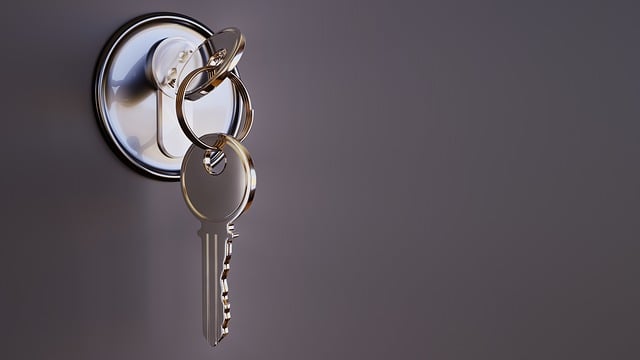
Elderly individuals have distinct needs and challenges that modern senior safety systems must address. As people age, they often face reduced mobility, cognitive changes, and potential health issues, all of which require tailored solutions for their daily well-being. Elderly home monitoring plays a pivotal role in ensuring their security and peace of mind.
Effective elderly monitoring systems should offer more than just basic security. They must facilitate independent living while providing remote assistance when needed. This includes features like fall detection, medication reminders, emergency alerts, and easy-to-use communication tools. By understanding and catering to these unique needs, senior safety systems can enhance the quality of life for the elderly, allowing them to stay active and safe in their homes.
Integrating Technology for Safe and Efficient Monitoring
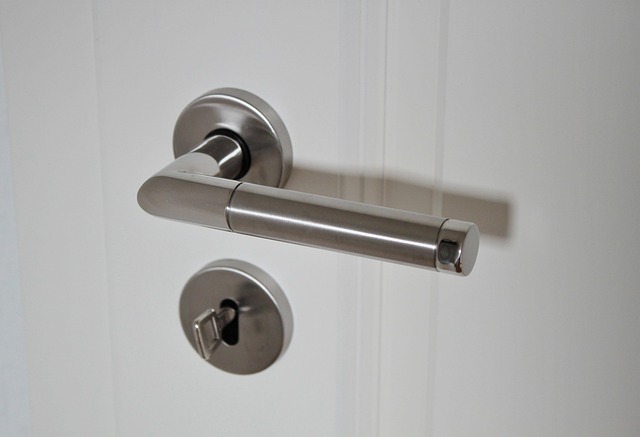
Integrating technology into senior safety systems offers a powerful solution for elderly home monitoring, enhancing both convenience and security. Modern devices are equipped with advanced sensors and AI capabilities that allow for continuous observation without intruding on privacy. These technologies can detect unusual behaviors, falls, or health changes, enabling quick responses from caregivers or emergency services. With real-time data and alerts, families can rest assured their loved ones are safe and receive immediate assistance when needed.
Smart home monitoring systems provide a seamless and discrete way to ensure the well-being of seniors. Wearable devices, for instance, can track vital signs and movement patterns while allowing individuals their independence. Cameras with motion sensors and facial recognition technology can detect activities in living spaces, ensuring elders are not isolated or at risk. This integration of technology seamlessly blends convenience, offering families peace of mind, and security, providing seniors with a safe and comfortable environment.
Security Measures to Ensure Privacy and Peace of Mind
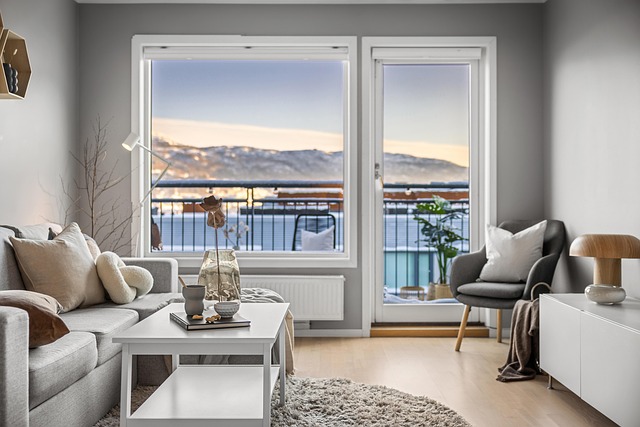
In implementing senior safety systems, security measures that safeguard privacy and offer peace of mind are paramount. Elderly home monitoring solutions should employ advanced encryption techniques to secure data transmission, ensuring that sensitive information accessed by caregivers or family members is protected from unauthorized intrusions. Biometric access control, where available, adds an extra layer of security, allowing only recognized individuals into the living space of seniors. This technology not only discourages unwanted visits but also provides a sense of safety and autonomy for the elderly, knowing their home is secure.
Privacy-focused settings in these monitoring systems should be user-friendly, enabling seniors to control access to their data. Features like activity logs, motion sensors, and smart alarms can deter intruders without compromising privacy. Caregivers or family members can receive alerts when unusual activities occur, such as unauthorized entry or prolonged inactivity, ensuring swift response without constantly invading the elderly’s personal space.
Enhancing Quality of Life Through Personalized Systems
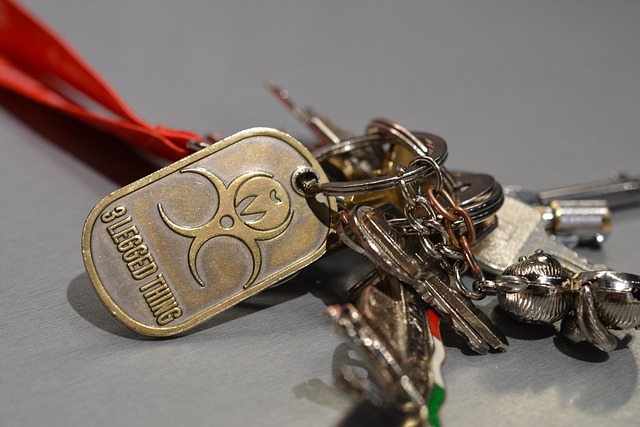
For seniors, maintaining a sense of independence and comfort in their homes is paramount. Elderly home monitoring systems offer a personalized solution to enhance their Quality of Life (QoL). These innovative technologies go beyond basic security by providing continuous monitoring tailored to each individual’s unique needs. Through smart sensors and connected devices, elderly care systems detect activities, track vital signs, and alert caregivers or family members in real-time if assistance is required.
Personalized elderly home monitoring allows for proactive intervention, ensuring seniors stay safe and engaged. For instance, automated medication reminders, voice-activated assistants, and fall detection sensors enable them to manage daily routines efficiently. By adapting to their habits and preferences, these systems foster a sense of autonomy while guaranteeing peace of mind for both the elderly individuals and their loved ones.
Combining convenience and security in senior safety systems is paramount to enhancing the quality of life for the elderly. By understanding their unique needs, integrating technology for effective monitoring, implementing robust security measures, and personalizing these systems, we can create environments that promote independence while ensuring peace of mind. Elderly home monitoring becomes a powerful tool, allowing caregivers and families to stay connected and responsive to the evolving needs of their loved ones.
